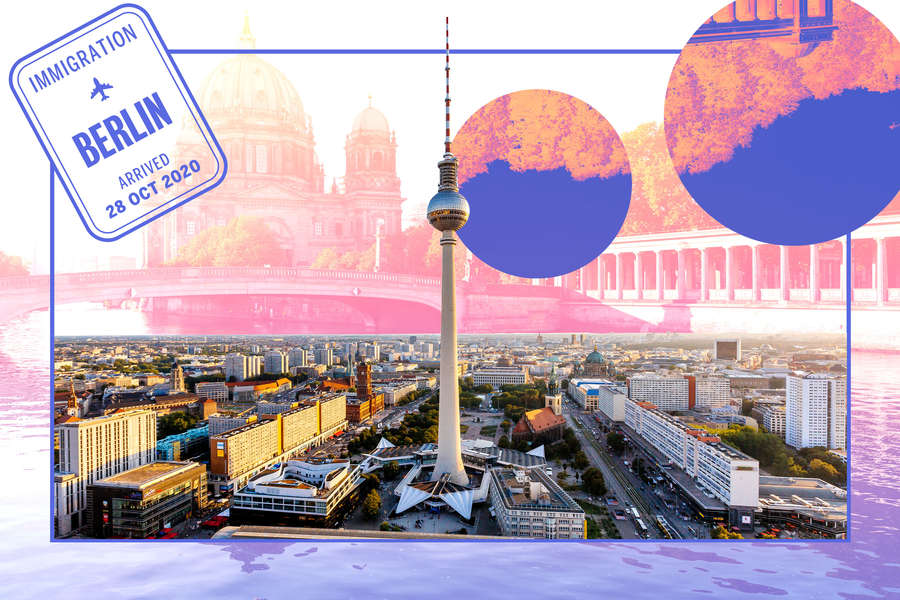How to move to Berlin: Guide to life, artist visas, work and more
Artist visa makes moving to Berlin incredibly easy
Citizens within The European Schengen area are allowed to live and work in Germany, but a non-EU Canadian citizen like me needs a residence permit. Germany offers such permits to employees, self-employed persons and students, as well as to working holiday visa to citizens of Australia, Israel, Japan, Canada and New Zealand. However, like many newcomers to Berlin, I applied for a freelance artist visa.
Berlin is the only German city with an independent visa specifically for artists. Anyone in a creative field – writers, musicians, photographers, designers – can apply. The visa is usually valid for one to three years and you request extensions at the immigration office. Unlike most other visas, which can take a few months to get approved, you might be lucky enough to get one out on your very first appointment.
However, there are hoops to go through. As part of his visa process, American comedian Tyrone Stallone needed to collect 15 letters from comedy clubs and bars saying he could perform there. That hard work has paid off, and he’s pioneered the city’s burgeoning stand-up scene with sold-out shows.
Stallone says the freedom he feels in Berlin extends professionally but also personally, especially as a black man from Los Angeles where he often felt like a “second-class citizen”.
“Berlin is not like any other place where after a bad show you could be screwed up (financially) for a few months,” he says. “You can still be creative and fall on your stomach, get up and try again. “
Minneapolis and Buffalo artists Calla Henkel and Max Pitegoff, respectively, have “been running on artist visas” for nine years. In Berlin, they explore performance art, theater, photography and especially large-scale works that would not have been possible as broke artists and beginners in New York. Last year the duo opened TV bar, an underground meeting place, a performance space and a film studio all in one.
“Here in Berlin, there are all these kinds of semi-institutional alternative spaces in people’s apartments, bars in basements,” says Henkel. “All of these types of intermediate spaces would not normally be possible (elsewhere).”


Comments are closed.